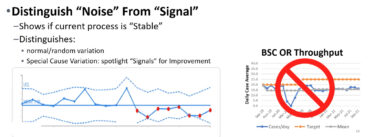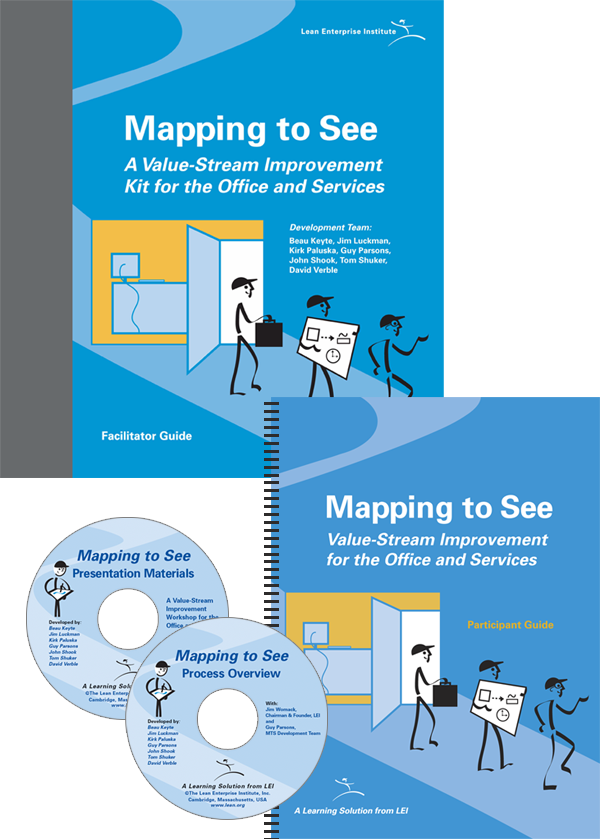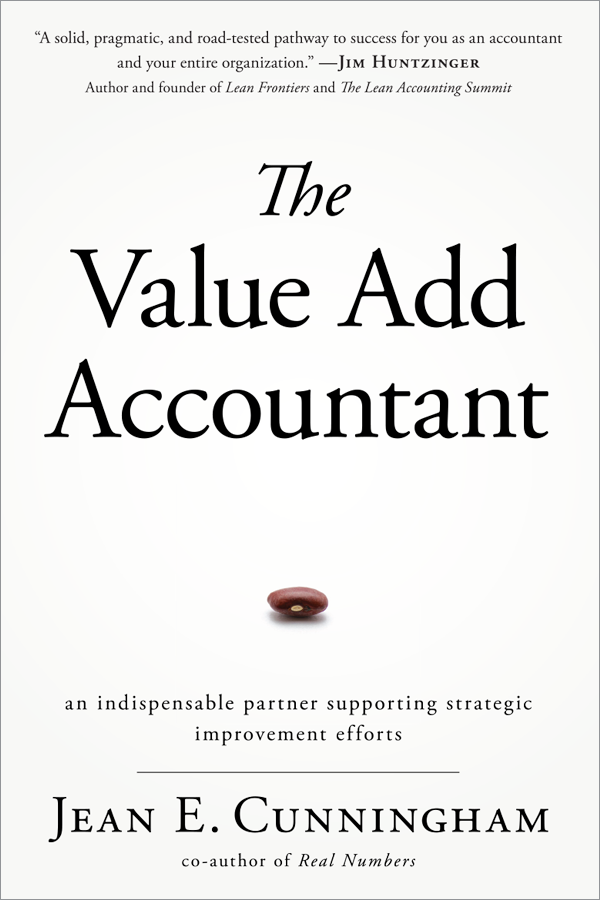So many middle managers seem to carry the weight of the world on their shoulders as they assess the reasons behind unhappiness in the worksites they manage. I’m often asked how I assess these situations to prepare for Kaizen or continuous improvement.
My first point is pretty basic… do we even know what the Kaizen aim of “engaged employees” means, beyond the clichés?
When I work with people, I usually pose some questions and guide them to find their own answers. We explore the following, focusing on each question carefully:
- What does the behavior of a satisfied and engaged person look like to you? Can you see examples of that behavior? How is the organization contributing to that or not?
- Do you see some people you can ask who will tell it to you straight?
- What kinds of discussion can you have with people without leading them to what YOU want to hear?
Whether or not this conversation feels fruitful, sometimes I suggest we look at a small life boat that has been vetted by managers and executives around the world. Known as the Q12 survey conducted by Gallup, this simple survey measures the strength of employee engagement in any organization. Over 80,000 interviews and focus groups were conducted to confirm the effectiveness of these 12 questions as an indication of complete satisfaction and engagement of the workplace, when they are all met.
I like it because it’s simple and to the point. We can use it to dig deeper into areas of strength or weakness. The bad news is that organizations are often failing with just the first two questions. The good news is it’s easy to clarify and improve upon both of them. The great news? Once you tackle the first two questions, you’ve already gone a long way to creating a meaningful job for every person in the building.
The questions:
- Do you know what is expected of you at work?
- Do you have the materials and equipment you need to do your work right?
- At work, do you have the opportunity to do what you do best every day?
- In the last seven days, have you received recognition or praise for doing good work?
- Does your supervisor, or someone at work, seem to care about you as a person?
- Is there someone at work who encourages your development?
- At work, do your opinions seem to count?
- Does the mission/purpose of your company make you feel that your job is important?
- Are your co-workers committed to doing quality work?
- Do you have a best friend at work?
- In the last six months, has someone at work talked to you about your progress?
- In the last year, have you had opportunities to learn and grow?
I’d add a final question (which has to do with the number one reason people are satisfied in their job or not): Do you have a good relationship with your supervisor?
Once you have this specific input, you can work together with your team to make a Kaizen Strategy that shows the “Bullseye target” you’re aiming for, whether it is one improved process or a bigger system-wide initiative designed by the larger enterprise. After answering these questions, without such a heavy load of ambiguity now off their shoulders, middle managers have a much better chance of creating a work site truly filled with satisfied, engaged employees who know they are doing meaningful work.





